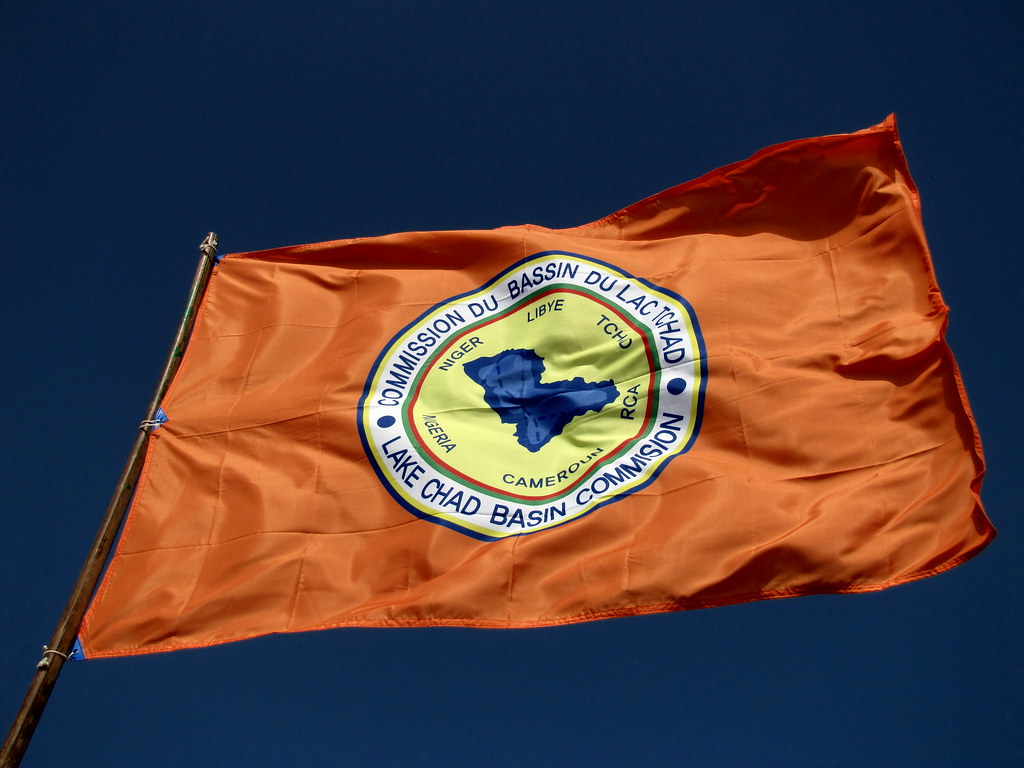The Lake Chad Basin Commission (LCBC) has concluded arrangements to carry out advocacy mission to states affected by insurgency in line with its Regional Stabilisation Strategy (RSS).
SEE ALSO: Insecurity: North East Governors Forum set to Adopt Holistic Approach
The mission will see road walks in Borno, Adamawa and Yobe states from Monday, March 9 to 20, 2020.
The Executive Secretary of LCBC, Amb. Mamman Nuhu, in a statement on Monday, said the advocacy would serve as an avenue to sensitise relevant stakeholders on the need to promote livelihood support for the basin population.
The scribe had earlier said that unless the four countries directly affected by the Boko Haram insurgency collaborated, the move to end insecurity in the region would be fruitless.
He urged leaders of these nations to collaborate through a common approach by buying into the RSS whichm he said, has nine pillars and 40 strategic objectives aimed at bringing the crisis in the region to a quick and lasting end.
He said it was expected that the National and Local Stakeholders will gain knowledge and appreciate their specific roles in the operationalisation and implementation of the Regional Stabilisation Strategy.
Anchored on nine pillars, the strategy sought to establish a common approach and an inclusive framework for all stakeholders to support a timely, coordinated, and effective transition from stabilisation to early recovery and the resumption of stalled development processes in the region.
Within the context of continental aspirations, it also served to achieve the AU’s aspiration to Silence the Guns by 2020, the first 10 years plan of Agenda 2063, by laying a foundation for the creation of conditions necessary for sustainable peace and development in the region.
The four countries bordering the Lake Chad and its wetlands, including Nigeria, Cameroon, Niger and Chad are facing unprecedented challenges compounded by repeated violence perpetrated by Boko Haram and other Extremist Groups.
The resulting instability had slowed down economic growth and compounded existing environmental and developmental challenges in the Lake Chad Basin region.
Nuhu hoped that the partnership with Development Partners in Nigeria would be established and strengthened toward the implementation of the strategy.
According to the Global Resource Information Database of the United Nations Environment Programme (UNEP) and other reports, the famous Lake Chad has shrunk by as much as 90 per cent from around 1963 to 2013.
At one time considered to be the sixth largest lake in the world, the old glory of the lake was such that its economic importance included providing water for over 30 million people living in Chad, Cameroon, Niger and Nigeria.



Leave a Reply